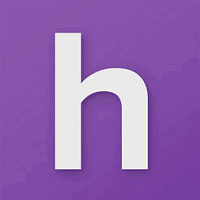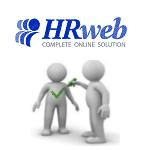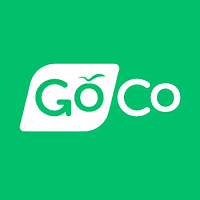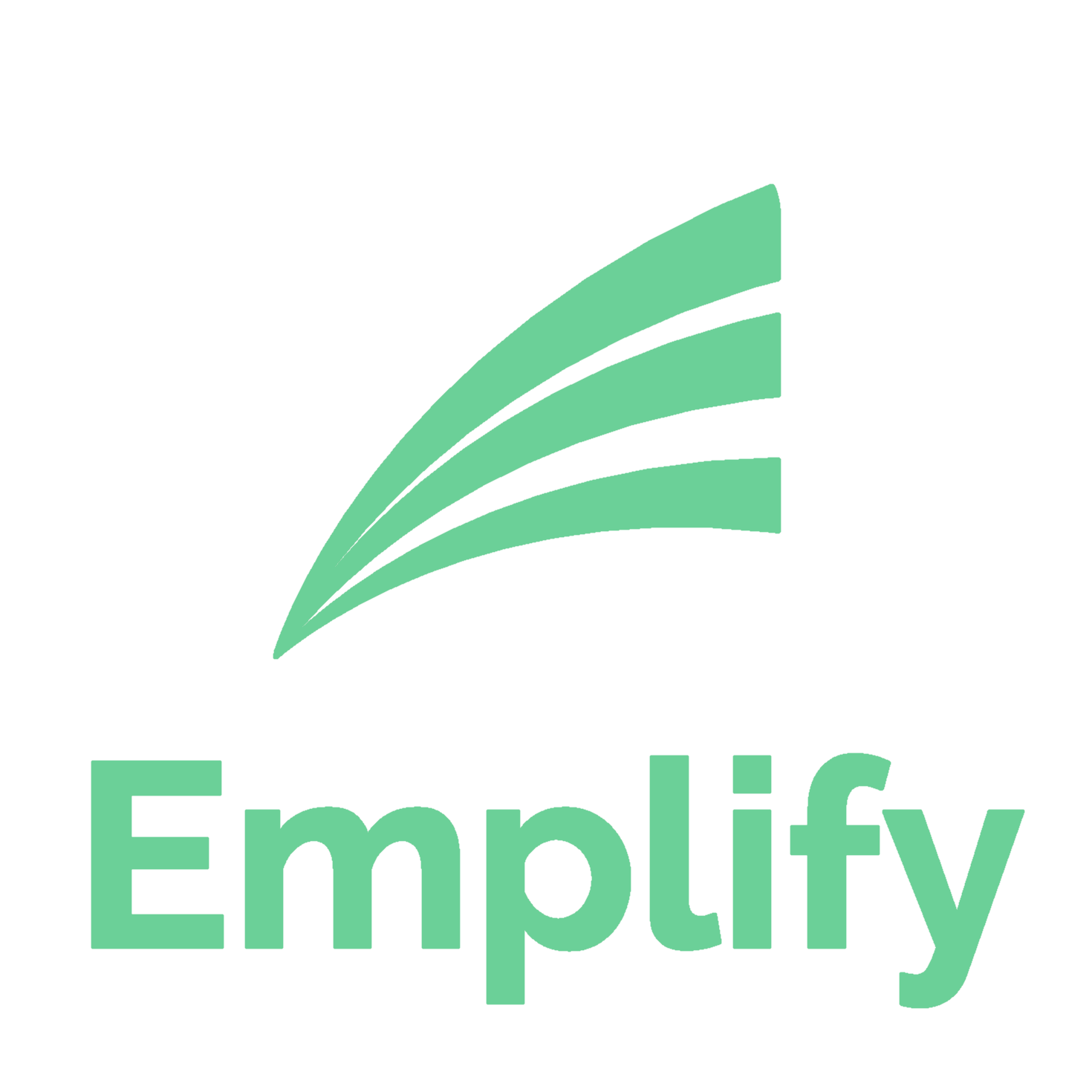Description
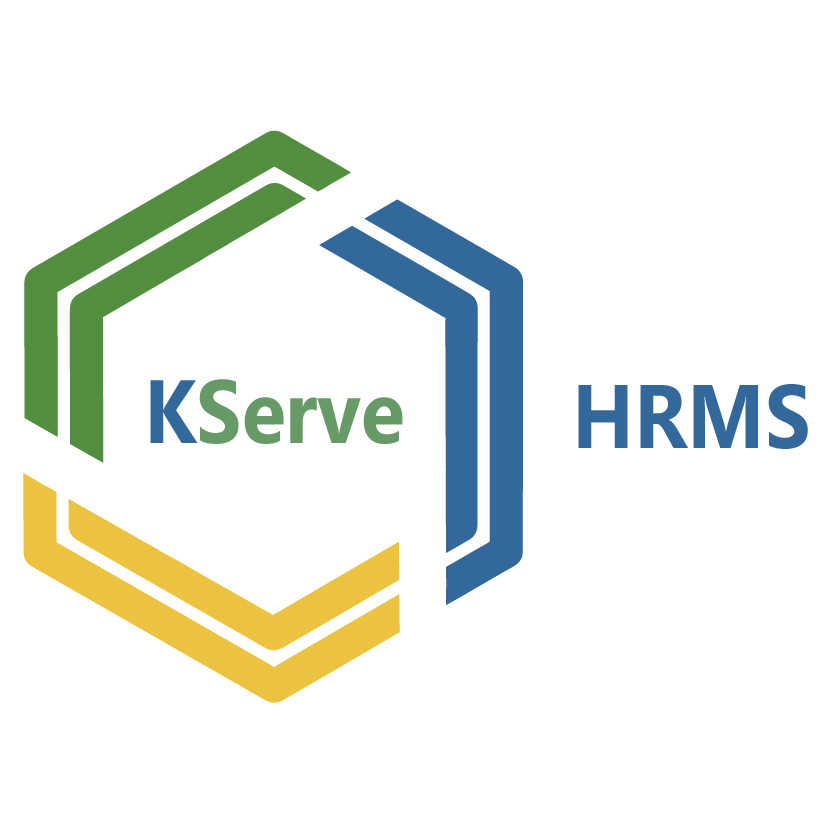
KServeHRMS

Orbital Shift
Comprehensive Overview: KServeHRMS vs Orbital Shift
As of my last update in October 2023, KServeHRMS and Orbital Shift are both software solutions related to workforce and human resource management, though they focus on slightly different aspects of these domains. Here’s an overview based on various dimensions you mentioned:
KServeHRMS
a) Primary Functions and Target Markets:
- Primary Functions: KServeHRMS (Human Resource Management System) offers a comprehensive suite of HR functionalities that include recruitment, employee records management, payroll processing, performance evaluation, leave and attendance tracking, training and development, and employee self-service portals. It also provides analytics and reporting functionalities for better strategic HR planning and decision-making.
- Target Markets: It is typically targeted towards mid-sized to large enterprises across various industries that seek an integrated HR solution. Organizations looking for a full-featured HR system that can support complex requirements often look towards KServeHRMS.
b) Comparison in Market Share and User Base:
- Market Share and User Base: KServeHRMS usually has a strong presence in markets with a higher concentration of medium to large scale enterprises. However, it faces competition from larger, more established HRM platforms like SAP SuccessFactors and Workday. Exact market share figures can vary, and as of my latest data, hard numbers aren't readily available.
c) Key Differentiating Factors:
- Comprehensive Solution: Offers a modular approach that allows businesses to scale HR functions as needed.
- Customization: Higher capability for customization compared to some competitors, allowing it to better fit bespoke HR processes in larger organizations.
- Local Expertise: Strong presence and expertise in certain regions, making it appealing to local enterprises needing localized support.
Orbital Shift
a) Primary Functions and Target Markets:
- Primary Functions: Orbital Shift is primarily a workforce management tool that focuses on employee scheduling, time tracking, shift planning, labor cost management, and communications. It’s centered around simplifying shift-based work environments.
- Target Markets: This product is often aimed at industries with significant shift work, such as healthcare, hospitality, retail, and other service-oriented sectors that require efficient scheduling and workforce optimization.
b) Comparison in Market Share and User Base:
- Market Share and User Base: Orbital Shift caters predominantly to small to mid-sized businesses in sectors that require flexible shift scheduling solutions. Its market share in the broader HR tech landscape might be smaller compared to full-suite HRMS solutions, but it holds a significant niche presence in the shift management segment.
c) Key Differentiating Factors:
- Ease of Use: Known for its user-friendly interface and straightforward implementation process, ideal for businesses needing quick deployment with minimal training.
- Focus on Shift Management: Offers specialized features around managing and optimizing shift schedules, which can be more effective than general HR systems in shift-heavy environments.
- Mobile Accessibility: Strong emphasis on mobile access and real-time updates, which is crucial for industries where employees are mobile or on-site.
Overall Comparison
- Scope and Functionality: KServeHRMS offers a broader, more comprehensive suite of HR functionalities, while Orbital Shift specializes in specific workforce management tasks like scheduling and time tracking.
- Flexibility: KServeHRMS tends to be highly customizable, suitable for larger enterprises with complex HR needs, while Orbital Shift offers out-of-the-box functionality ideal for smaller businesses focusing on operational efficiency in scheduling.
- Market Focus: Their target markets can overlap somewhat but generally cater to different needs within the HR and workforce management domains.
Both platforms have their unique strengths and cater to different aspects of human resource and workforce management. The choice between them would largely depend on an organization's specific needs, size, industry, and focus (comprehensive HR management vs. shift scheduling).
Contact Info

Year founded :
2003
+91 44 4261 5064
Not Available
India
http://www.linkedin.com/company/kservehrms

Year founded :
2009
+1 406-552-0312
Not Available
United States
http://www.linkedin.com/company/orbital-shift
Feature Similarity Breakdown: KServeHRMS, Orbital Shift
When comparing KServeHRMS and Orbital Shift, it's important to analyze both products across several dimensions such as their core features, user interface, and unique aspects. Here’s a detailed breakdown based on the typical offerings of HRMS (Human Resource Management Systems) and employee scheduling software as observed in various solutions.
a) Core Features in Common
-
Employee Management:
- Both KServeHRMS and Orbital Shift offer comprehensive employee management functionalities. This includes maintaining employee records, managing profiles, track of employment history, and handling of personal information.
-
Time and Attendance Tracking:
- Both platforms provide tools for tracking employee attendance and managing timesheets. This capability is crucial for accurate payroll processing and attendance management.
-
Scheduling and Shift Management:
- Though more intrinsic to Orbital Shift, both systems facilitate shift scheduling. This feature helps in managing workforce scheduling, shift swaps, and real-time updates to reduce conflicts and enhance productivity.
-
Reporting and Analytics:
- Both systems offer reporting tools to derive insights from HR data. Users can generate reports on attendance, leave management, scheduling efficiency, etc.
-
Integration Capabilities:
- Both platforms are built to integrate with other third-party solutions. This may include payroll systems, accounting software, and other productivity tools to ensure seamless operations.
b) User Interface Comparison
-
KServeHRMS:
- Typically offers a more enterprise-centered, comprehensive user experience, focusing heavily on HR processes. The UI tends to be robust and designed to handle complex HR operations with a wide range of customizable options. It emphasizes facilitating a holistic overview of HR operations in larger business environments.
-
Orbital Shift:
- Known for a more user-friendly, intuitive interface designed especially for ease of use in shift scheduling and time tracking. Orbital Shift often provides drag-and-drop scheduling features, mobile-friendly interfaces, and real-time notifications which cater primarily to businesses requiring flexible and agile shift management solutions.
c) Unique Features
-
KServeHRMS:
- Comprehensive HR Suite: This platform often encompasses a broader suite of HR functions beyond scheduling, like performance management, recruitment, employee training and development, and comprehensive payroll processing.
- Customizability: Often provides deep customization capabilities across various HR functions to suit industry-specific needs.
-
Orbital Shift:
- Real-Time Communication Tools: Includes in-built tools for communication which are highly beneficial for shift workers needing quick updates or changes on the go.
- Labor Forecasting: Offers predictive analytics to help organizations forecast labor needs, which is particularly useful for businesses with fluctuating staffing requirements.
- Intuitive Scheduling: Specifically designed for easy shift assignment and adjustment, minimizing the complexity generally associated with scheduling.
In conclusion, while KServeHRMS and Orbital Shift share core functionalities like employee and schedule management, their unique features and UI design cater to different business needs, with KServeHRMS being suited for more comprehensive HR needs and Orbital Shift optimized for dynamic scheduling and real-time staff management.
Features

Talent Management
Reporting and Analytics
Employee Management
Payroll and Compensation
Learning and Development

Compliance and Reporting
Labor Cost Management
Efficient Scheduling
Employee Communication
Time and Attendance Tracking
Best Fit Use Cases: KServeHRMS, Orbital Shift
KServeHRMS
a) Best Fit Use Cases for KServeHRMS:
- Types of Businesses or Projects:
- Medium to Large Enterprises: KServeHRMS is best suited for medium to large businesses due to its comprehensive feature set tailored for managing larger workforces efficiently.
- Organizations with Complex HR Needs: Companies with intricate HR requirements, such as in industries with heavy compliance and reporting mandates, would benefit greatly.
- Global Organizations: Businesses with operations in multiple countries can leverage KServeHRMS's capabilities for multi-country payroll, compliance, and workforce management.
How KServeHRMS Caters to Different Industry Verticals or Company Sizes:
- Industry Vertical Adaptability:
- It offers customization options to adapt HR processes to specific industry needs, be it finance, manufacturing, or healthcare.
- Scalability:
- The platform is scalable, allowing businesses to add modules as they grow, which is crucial for large organizations experiencing expansion.
- Comprehensive Features:
- Includes modules for payroll management, attendance tracking, performance management, and recruitment, catering to varied needs of business sizes.
Orbital Shift
b) Preferred Scenarios for Orbital Shift:
- Types of Businesses or Projects:
- Small to Medium Enterprises (SMEs): Particularly beneficial for SMEs that require efficient shift scheduling and workforce management without the need for overly complex HR systems.
- Shift-Heavy Industries: Best suited for industries like hospitality, retail, healthcare, and food services where shift scheduling and real-time workforce adjustments are paramount.
- Businesses Prioritizing Workforce Flexibility: Companies needing dynamic and flexible employee scheduling would find Orbital Shift invaluable.
How Orbital Shift Caters to Different Industry Verticals or Company Sizes:
- Focus on Scheduling:
- Provides robust solutions for shift scheduling and tracking, which is critical in specific industries such as restaurants, retail, and healthcare.
- Ease of Use and Implementation:
- Simple setup and user-friendly interface make it ideal for smaller businesses that need effective solutions without the need for extensive training or IT resources.
- Cost-Effectiveness:
- Offers a cost-effective alternative for businesses that need essential workforce management without investing in a full-scale HRMS.
In summary, KServeHRMS is ideal for medium to large enterprises with complex HR needs and a focus on comprehensive HR functionalities, while Orbital Shift is perfect for SMEs or businesses in shift-dependent industries needing efficient and flexible scheduling solutions. The decision between these platforms should consider the size of the business, the complexity of HR operations, and the specific industry requirements.
Pricing

Pricing Not Available

Pricing Not Available
Metrics History
Metrics History
Comparing teamSize across companies
Conclusion & Final Verdict: KServeHRMS vs Orbital Shift
To provide a well-rounded conclusion and final verdict on KServeHRMS and Orbital Shift, we need to weigh various aspects such as features, pricing, user experience, integration capabilities, and customer support among others. Here's a structured analysis and guidance:
Conclusion and Verdict:
a) Best Overall Value:
Choosing the best overall value between KServeHRMS and Orbital Shift depends on the specific needs of your organization. If your primary focus is comprehensive HR management with strong analytics and integrations, KServeHRMS might offer better overall value. However, if your focus is more on employee scheduling with efficient shift management capabilities, Orbital Shift may prove more valuable.
b) Pros and Cons:
KServeHRMS:
-
Pros:
- Comprehensive HR Management: KServeHRMS offers an extensive suite of HR functionalities, including payroll, recruitment, performance management, and analytics, which makes it a powerful all-in-one HR solution.
- Customization: The platform provides significant flexibility and customization options to tailor features according to organizational needs.
- Integration: Seamless integration with other enterprise systems enhances its value as an all-encompassing HR solution.
-
Cons:
- Complexity: Given its wide range of features, KServeHRMS can be complex to navigate and require extensive training.
- Cost: Depending on the level of customization and features required, it can be on the pricier side, particularly for smaller businesses.
Orbital Shift:
-
Pros:
- Specialization in Shift Management: Orbital Shift specializes in employee scheduling and shift management, offering intuitive and user-friendly tools for staff management.
- Cost-Effective: It tends to be more affordable, particularly for small to medium-sized businesses focusing on scheduling.
- Ease of Use: The platform is straightforward and easy to set up, which minimizes training time and effort.
-
Cons:
- Limited HR Features: Unlike KServeHRMS, Orbital Shift may not provide comprehensive HR functionalities like payroll and recruitment.
- Integration Limitations: It might not integrate as seamlessly with certain HR or enterprise systems compared to more holistic HR solutions.
c) Recommendations for Users:
-
Assess Organizational Needs: Identify the primary needs of your organization. If you require robust HR management capabilities, KServeHRMS could be more suitable. For emphasis on shift scheduling and workforce management, Orbital Shift may align better.
-
Consider User Experience: If your team values an intuitive, easy-to-start platform, Orbital Shift could be advantageous. Conversely, if your team can handle complex systems or requires a comprehensive solution that grows with the organization, consider KServeHRMS.
-
Budget Constraints: Consider the budget and ensure there is a clear understanding of potential hidden costs, especially with KServeHRMS's customizable features.
-
Trial and Feedback: Utilize trial periods offered by these platforms to gather feedback from actual end-users, aiding in the decision-making process.
Ultimately, the decision should be based on your organization’s specific requirements, budget, and readiness to handle complex systems or specialized solutions.
Add to compare
Add similar companies
